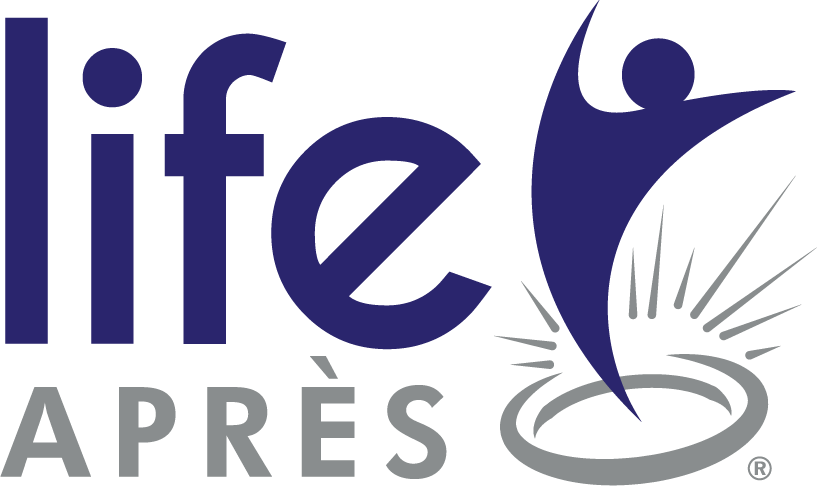As a woman rising in today’s executive workforce, you need every edge you can get. While studies continue to underscore positive correlations between companies with gender-diverse leadership teams and profitability, women executives are still far scarcer than their male counterparts.
For example, a recent study found that 75% of businesses have at least one woman in a senior management position, but the proportion of upper-level roles held by women is still only at 24%.
As an executive coach with women accounting for two-thirds of my client-base, I regularly help them work through their challenges as they advance into executive leadership roles.
Certain areas are always a component of my coaching programs with women, despite their unique goals, industry or role. Below I explore these areas and outline steps you can take immediately to increase your visibility and professional reputation to create a roadmap for your future success.
Build your personal brand.
A robust personal brand can help you stand out from your competitors, and it is also one of the best tools to attract professional sponsors that can propel your career.
I believe a good personal brand is always tied to your individual professional story. In order to resonate with your managers, peers and clients, connect your past experiences and skill sets to your present role.
Make that connection explicit — rather than hoping others will figure it out on their own — by developing a crisp elevator pitch you can utilize in your daily interactions.
Remember all mediums, including digital platforms, contribute to your personal brand. Ensure you tell a consistent story over each medium, and monitor the message being disseminated.
It is important to start developing your personal brand early, refine it over time and consistently promulgate your narrative through every professional interaction.
Promote your brand.
In my experience as a coach, I’ve seen that some women feel uneasy with a blunt approach when it comes to sharing achievements because they are concerned with how it might be perceived.
But women need to own their successes and talents. I believe neglecting to do so can jeopardize your advancement, as it could mean fewer people are able to speak to your contributions.
One effective alternative to touting your resume is to demonstrate your expertise through content creation. This can be an effective way to simultaneously promote your personal brand and add to your tangible contributions.
There are often pre-existing opportunities within a company to do so, such as gathering and sharing your research at presentations, webinars or other internal meetings; contributing toward company publications; or volunteering to write for a trade journal to bring exposure to you and your team.
While at first glance these activities might seem as if they are interruptions to your already overflowing to-do list, these are great opportunities to gain credibility as a leader.
You might also garner the attention of senior management, who could be more inclined to consider you for opportunities if they are familiar with your expertise.
Cultivate your professional network.
Research has also found that across levels of an organization, men have more contact with senior leaders than women. Because senior leaders often play the role of mentors and sponsors, advocating for professionals, helping employees obtain promotions and connecting them with career opportunities, a lack of contact can create a barrier to women’s advancement to the executive level.
I believe it is also a stark reminder that women must do more advocating for themselves in order to build the senior support networks vital to any executive career path.
A great place to start forging a trusted relationship with a senior leader is by demonstrating your commitment to achieving shared goals. Daily actions you can take include sharing an article or industry insight for a project they are working on, connecting them to resources they might not be privy to or catching them after a meeting to offer your takeaways and insights.
Cast your net wide, and seek to build these relationships externally as well. Aim to increase the number of people familiar with your talents and abilities to open yourself to opportunities for advancement.
Get that feedback.
Studies indicate a major impediment to women’s advancement to the C-suite is the quality and quantity of feedback they receive. Women are less likely to receive developmental feedback when referring to business outcomes, which can put them at a severe disadvantage when seeking promotions.
If you have identified sponsors, mentors and trusted peers, regularly seek their advice and candor outside of formal performance reviews.
To obtain helpful feedback, formulate specific questions around the areas in which you could use more guidance. For example, if you are receiving general praise for your work and want quantifiable information, you could ask, “What would a great performance next quarter look like?”
Following a presentation, rather than asking a colleague, “How did I do?” you could ask, “Did I lose your attention anywhere?” Seeking regular feedback will signal to others that you are open to it and will help make it a natural part of your relationships.
Practice your leadership.
Finally, prioritize work that gives you an opportunity to develop your core leadership skills. This can give you a handle on complex decision making, change and conflict management, and effective communication across diverse groups. To begin developing these skills, start by assessing your own strengths and the areas on which you can improve.
A professional assessment is an effective way to garner insight about your own preferences and leadership style so you can charter a plan of action in line with your goals.
Leadership is a professional skill that can be developed like any other. Women seeking executive leadership positions should strongly consider participating in programs that help improve their skills and bring their leadership to the next level.
I believe creating a clear and compelling professional roadmap helps pave the way to future success.
